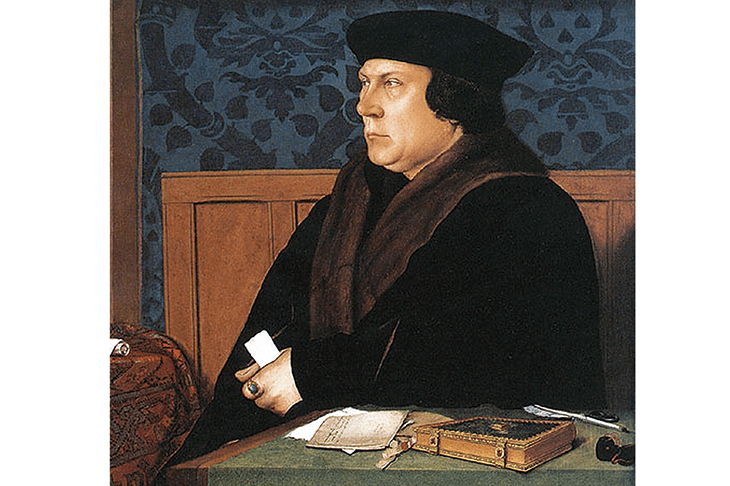When the judges for the 1992 Booker Prize received Hilary Mantel’s A Place of Greater Safety, an 800-page novel set during the French Revolution seemed a quirky diversion from the work of a novelist then most associated with shortish dark comedies of contemporary or recent life, such as Fludd (1989), featuring a weird Catholic priest, and Eight Months on Ghazzah Street (1988), in which an Englishwoman suffers Saudi Arabian culture shock. We did not shortlist the book. History shows that monumental distant-historical fiction would subsequently become the glorious core of Mantel’s work, though, perhaps validating our doubts, featuring English, rather than French, revolutionary struggles.
Wolf Hall (2009) and Bring up the Bodies (2012) — viewing the marital and political manoeuvres of King Henry VIII through the eyes of his strategically protean chief advisor, Thomas Cromwell — made Mantel the first writer to win the Booker Prize twice for successive novels. Completing the trilogy, The Mirror & the Light is burdened with the invisible subtitle of being the writer’s bid to win a Booker triple.
With its final side numbered 883, the volume takes the page count of the trilogy’s hardback first editions to 1,967. Cromwell is involved in events from 1536 to 1540, encompassing the end of his patron’s third and fourth marriages and his pursuit of a fifthwife. Readers would need to have truanted during lessons on the Tudors, or now be blocked by Google, not to know why the story ends when it does. Master Secretary Cromwell becomes a Lord, but discovers that, if someone ever starts wondering what they would do without you, they are usually beginning to wonder how you might be done without.
However, Dame Muriel Spark, a clear influence on Mantel, always argued that knowing the outcome can increase rather than reduce suspense, because readers crave to know how it comes about.







Comments
Join the debate for just £1 a month
Be part of the conversation with other Spectator readers by getting your first three months for £3.
UNLOCK ACCESS Just £1 a monthAlready a subscriber? Log in